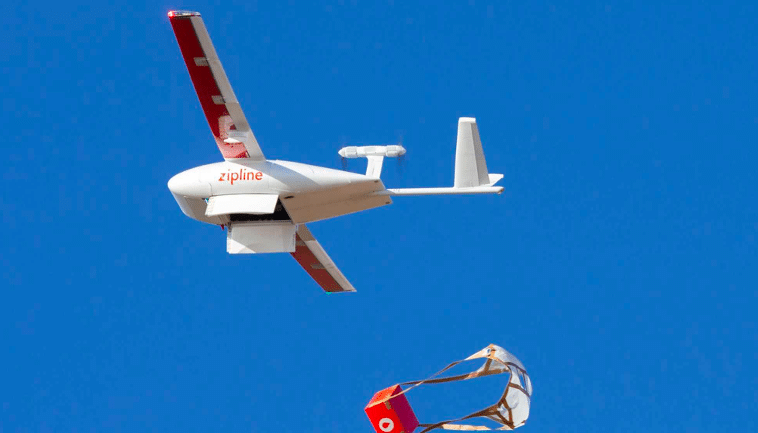As COVID-19 wreaks havoc on lives and livelihoods around the world, fulfilling a social purpose has never been so important to businesses or their customers.
The global outbreak has not only exposed the frailty and complexity of human needs, but also how quickly they can evolve – and thus how quickly organisations must adapt to keep up.
Without diminishing its devastating impact, if this crisis has a silver lining, it is the opportunity it provides businesses to prepare for a post-pandemic world: to fundamentally change how they do business and serve society, redefine their social purpose, and fulfil new, complex needs.
Laying bare not only the age-old truth of the importance of listening to customers, COVID-19 has exposed how quickly and fully needs and behaviour can change. In a recent six-country study into how the pandemic is affecting global consumers, more than two thirds of respondents said the crisis had altered the products and services they deem important.
Regardless of whether they operate in low- or high-income economies, such times of crisis show that not all businesses are created equal. As customer requirements have become more urgent and varied than ever, some have undoubtedly been better suited to thrive than others.
For instance, automated drone-based delivery service provider Zipline has been able to deliver vital personal protective equipment and test samples to medical professionals in Ghana and Rwanda during the COVID-19 pandemic, alongside its usual healthcare supplies.
With a business model specifically designed to ensure patients could be reached in challenging circumstances, following the Ebola outbreak in West Africa, Zipline was already well-placed to overcome supply chain disruptions as a result of travel restrictions.
Indeed, a vital lesson this pandemic has taught us is why flexibility is so crucial – especially for those companies not so well-aligned with evolving customer needs as this crisis unfolds.
For instance, services and products not deemed “essential” have suffered reduced demand, leading to diminished profits for many businesses or even bankruptcy – as car rental firm Hertz and fashion retailer J. Crew can attest. Yet the companies that adapted quickly to meet these changing demands have been able to stay relevant.
As appetite for their usual products fell, we have seen gin distilleries and perfume producers pivoting to manufacture hand sanitiser gel and car manufacturers building ventilators – to name just a couple of examples.
And while such major pivots are not so feasible for smaller social enterprises there is undoubtedly still value in enabling and encouraging a flexible approach to serving customers and meeting the demands of the day.
Jacob Ravn, CEO of access2innovation, stresses the importance of businesses innovating and adapting to face uncertainty and risk, even when serving a very specific target market.
“Success depends on your ability to navigate in a constantly changing process that is characterized by a learning by doing process,” says Ravn. This “learning by doing”, he suggests, can be underpinned to a certain extent by careful risk management, to help foresee and mitigate any upcoming challenges to business operations.
But as we know, predicting and managing risk is not always possible. In such cases where unprecedented challenges arise, resilience will save the day.
Providing counsel to entrepreneurs on the lessons he learned from the 2014 Ebola outbreak, WARC Group’s CEO Emiliano Mroue emphasises that staying true to “the why” of your business is key to withstanding any such crisis.
An organisation-wide mission, this depends on strong, transparent leadership. Mroue stresses that by communicating clearly with their teams, remaining visible and thinking strategically, leaders can provide direction amidst chaos.
Ultimately, the business landscape could be irrevocably changed by COVID-19. But that is not necessarily a bad thing. Nothing provides perspective like a global emergency and as a result, companies will be judged more than ever on their raison d’être and the purpose that they serve.
So while the future may yet remain uncertain, however and whenever we emerge from this – whether companies have stuck to their guns or switched their service offerings – purpose could become an even more crucial determinant of success.
Caroline Ashley, director of sustainability non-profit Forum for the Future, proclaims that how companies “stepped up” during the pandemic will influence trust-building once lockdown ends.
Post-COVID-19, social purpose is what we should all embrace to remain relevant, trusted and sustainable. The businesses that listened to customers, prioritised their needs and adapted accordingly – and that continue to do so once COVID-19 eases its global grip – will be the ones that thrive.










